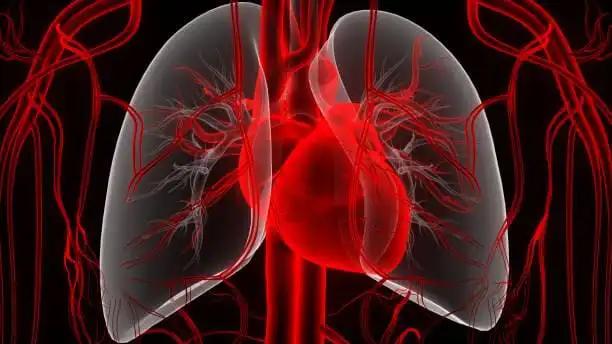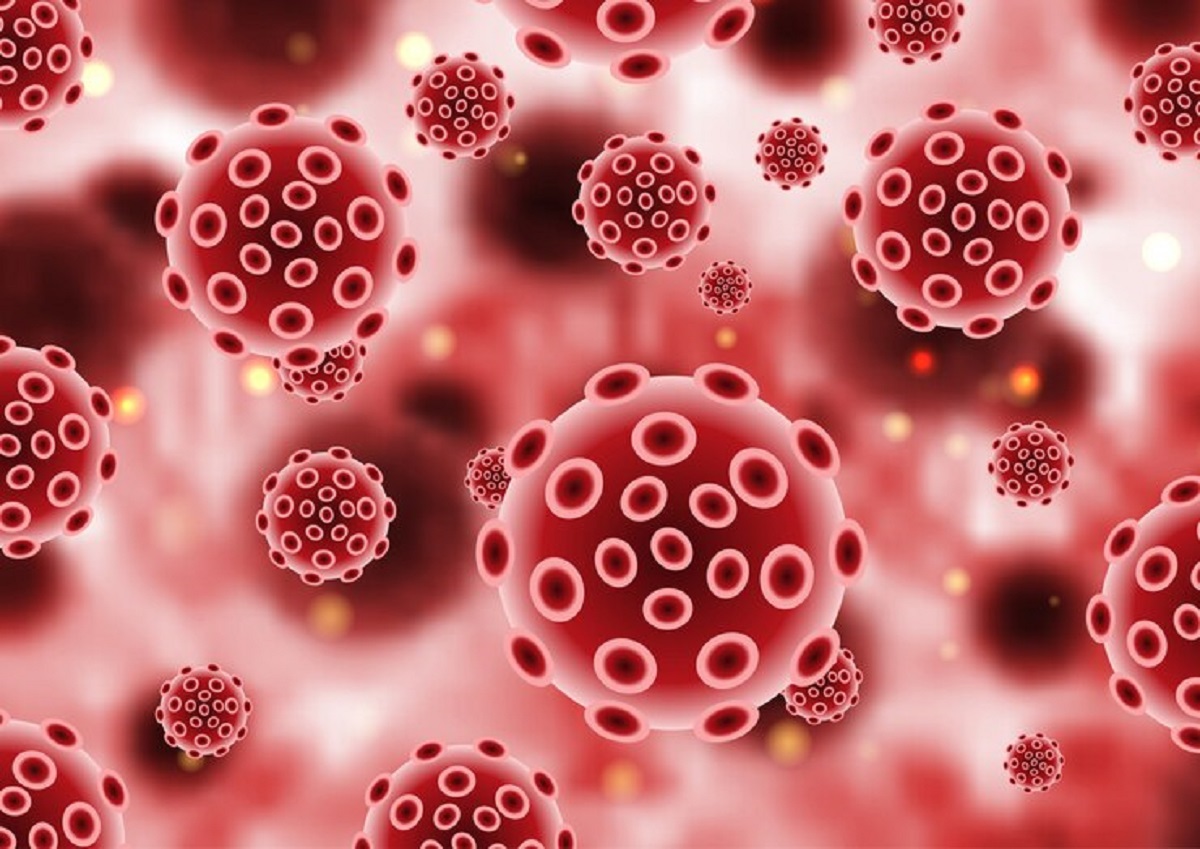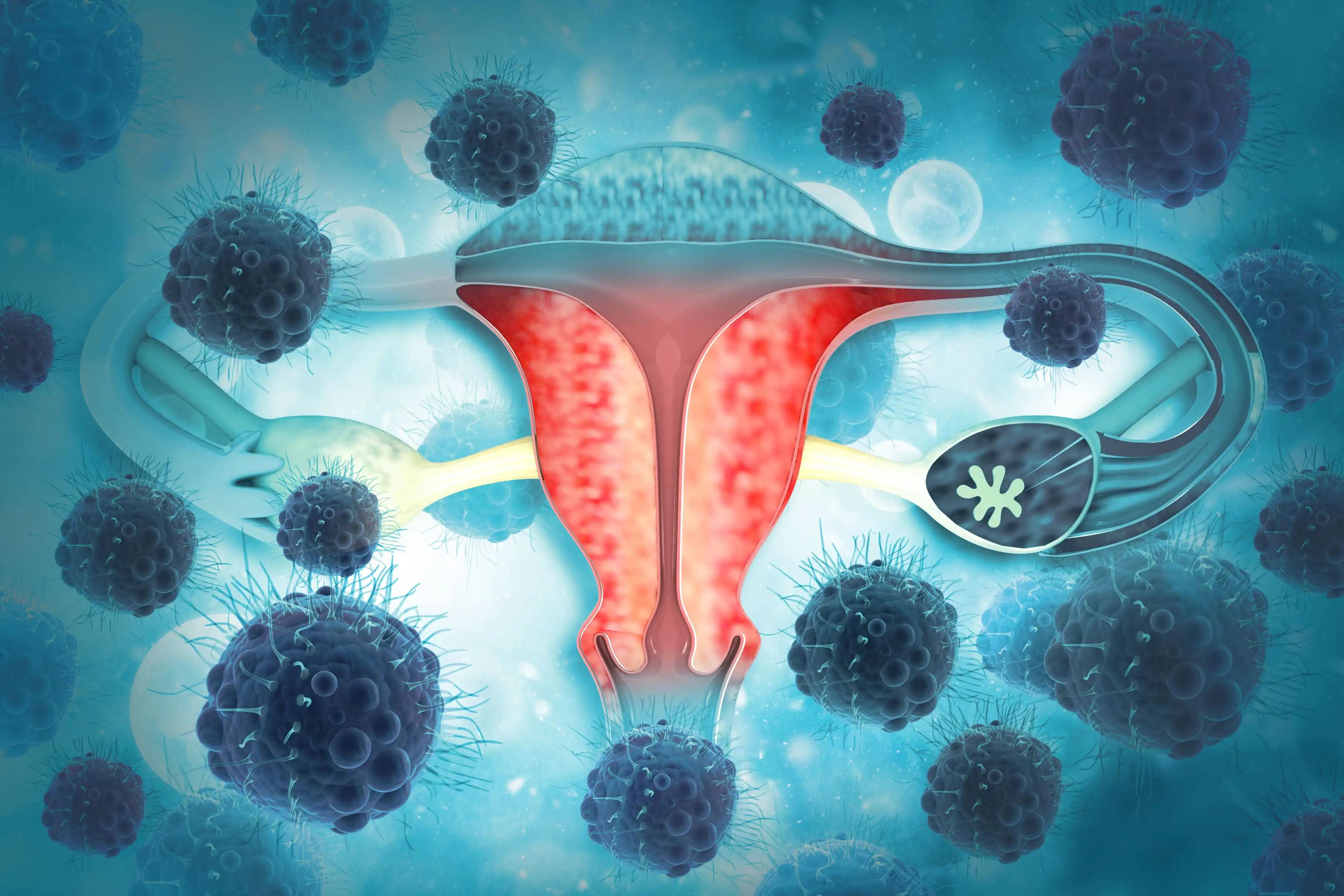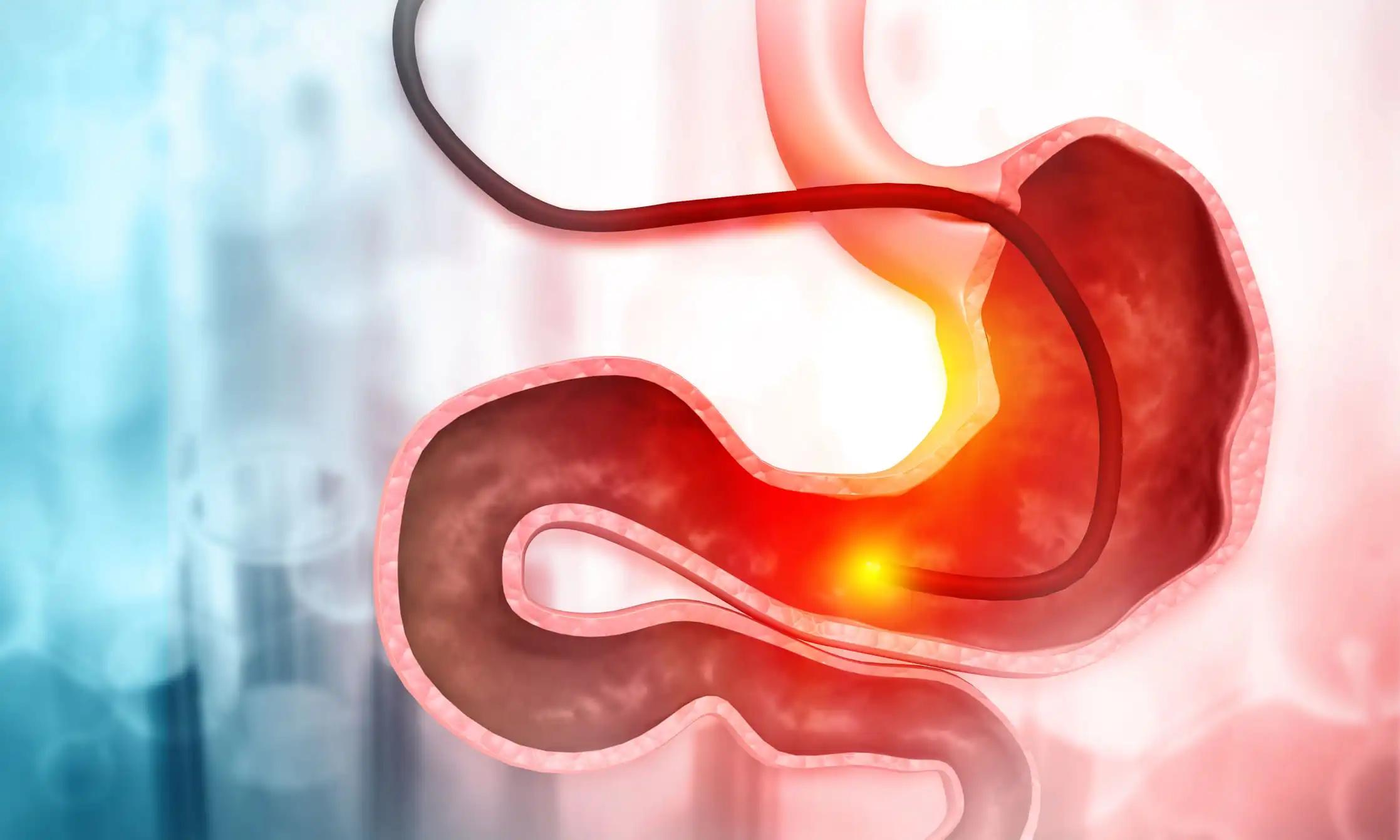KEY TAKEAWAYS
- A phase II trial assessed the efficacy and safety of high-dose dexamethasone.
- The researchers studied the efficacy of high-dose dexamethasone in treating Dyspnea caused by cancer compared to a placebo.
- A total of 2867 patients were made to take either dexamethasone or placebo.
- The study showed no significant difference in Dyspnea intensity between groups, with greater adverse events in the dexamethasone group.
Despite the lack of proof, systemic corticosteroids are frequently administered to palliate dyspnea in cancer patients. Researchers compared the efficacy of high-dose dexamethasone in treating Dyspnea caused by cancer to that of a placebo.
To alleviate breathlessness in cancer patients, researchers at the University of Texas MD Anderson Cancer Center and the general oncology clinic at Lyndon B Johnson General Hospital (both in Houston, TX, USA conducted a randomized, double-blind, parallel-group trial called ABCD (Alleviating Breathlessness in Cancer Patients with Dexamethasone).
Researchers randomly assigned (2:1) Dexamethasone 8 mg orally every 12 h for 7 days followed by 4 mg orally every 12 h for 7 days or matching placebo capsules for 14 days to ambulatory cancer patients aged 18 years or older with an average Dyspnea intensity score on an 11-point numerical rating scale (NRS; 0=none, 10=worst) over the previous week of 4 or higher. Patients were randomly assigned to one of two groups based on their baseline Dyspnea score (4-6 vs. 7-10) and trial site using a permuted block randomization with a block size of six performed by pharmacists.
Clinicians, researchers, and patients were all blinded to which group they belonged to. The primary outcome was the difference in Dyspnea NRS intensity between day 0 and day 7 (±2 days). Modified intention-to-treat analysis was performed (i.e., including all randomly assigned patients who started the study treatment, regardless of whether they completed the study). Enrollment was halted when the futility criterion was reached after the second scheduled interim analysis.
Researchers assessed 2867 individuals between January 11, 2018, and April 23, 2021, enrolled 149, and randomly allocated 128 to receive either dexamethasone (n=85) or a placebo (n=43). No significant difference was seen between the groups (mean 0 [95% CI -08 to 07]; p=048), and the average change in Dyspnea NRS intensity from baseline to day 7 (2 days) was -16 (95% CI -20 to -12). Infections (nine [11%] of 85 patients in the dexamethasone group versus three [7%] of 43 patients in the placebo group), sleeplessness (seven [8%] versus one [2%]), and neuropsychiatric symptoms (three [4%] versus none [0%]) were the most common all-cause grade 3-4 adverse events. Twenty-four (28%) of the 85 patients in the dexamethasone group and three (7%) of the 43 patients in the placebo group suffered serious side events, all resulting in hospitalization. In both groups, there were no deaths associated with the treatment.
Dyspnea was not alleviated more by high-dose dexamethasone than by placebo, and it was linked to greater adverse events in cancer patients. These findings argue against giving all cancer patients dexamethasone to treat Dyspnea.
Source: https://pubmed.ncbi.nlm.nih.gov/36087590/
Clinical trial: https://clinicaltrials.gov/ct2/show/NCT03367156
Hui, D., Puac, V., Shelal, Z., Dev, R., Hanneman, S. K., Jennings, K., Ma, H., Urbauer, D. L., Shete, S., Fossella, F., Liao, Z., Blumenschein, G., Jr, Chang, J. Y., O’Reilly, M., Gandhi, S. J., Tsao, A., Mahler, D. A., & Bruera, E. (2022). Effect of dexamethasone on Dyspnea in patients with cancer (ABCD): a parallel-group, double-blind, randomized, controlled trial. The Lancet. Oncology, 23(10), 1321–1331. https://doi.org/10.1016/S1470-2045(22)00508-3









